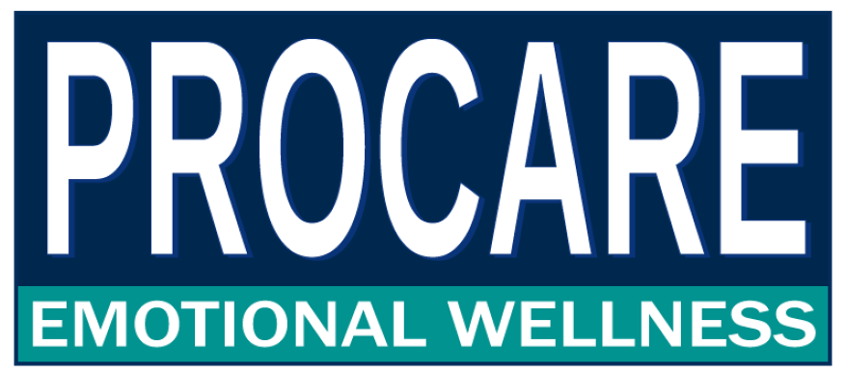Building Positive Relationships in All Areas of Life
Relationships are a cornerstone of human existence. Whether in personal, professional, or social contexts, the quality of our relationships profoundly impacts our emotional health and overall well-being. In South Africa, a country celebrated for its diversity yet challenged by socio-economic inequalities, building positive relationships is not only enriching but also a critical tool for fostering unity and resilience.
Why Positive Relationships Matter
Strong, healthy relationships contribute to improved emotional health, increased resilience, and a sense of belonging. They provide support during challenging times, foster personal growth, and create opportunities for collaboration and mutual understanding. In workplaces, positive relationships can enhance teamwork, boost morale, and improve productivity. In communities, they can drive social cohesion and collective action.
The Foundations of Positive Relationships
Effective Communication: Open, honest, and empathetic communication is the bedrock of any positive relationship. Listen actively, express yourself clearly, and strive to understand the perspective of others.
Respect and Trust: Mutual respect and trust are crucial. Recognise and value the differences in others while maintaining reliability and integrity in your actions.
Empathy and Emotional Intelligence: Being attuned to the emotions of others helps foster deeper connections. Empathy allows you to respond to others with compassion and understanding, while emotional intelligence helps manage your own feelings in a constructive way.
Conflict Resolution Skills: Disagreements are inevitable. The key is to address conflicts respectfully and constructively, focusing on solutions rather than blame.
Consistency and Commitment: Positive relationships require ongoing effort. Regularly invest time and energy to nurture them.
Tips for Building Relationships in Different Areas of Life
Personal Life:
Family: Prioritise quality time with loved ones. Celebrate achievements, support each other through challenges, and practise forgiveness.
Friendships: Be a dependable friend who listens and supports. Engage in shared activities to strengthen bonds.
Workplace:
Foster a collaborative environment by showing respect for colleagues’ ideas and contributions.
Offer constructive feedback and be open to receiving it.
Celebrate team successes and support one another during setbacks.
Community:
Engage in local initiatives that bring people together, such as volunteering or cultural events.
Build bridges across diverse groups by being inclusive and non-judgmental.
Overcoming Barriers to Positive Relationships
In South Africa, historical inequalities and diverse cultural backgrounds can sometimes lead to misunderstandings and mistrust. Addressing these challenges requires a commitment to cultural competence, self-awareness, and open dialogue. By acknowledging and respecting differences, individuals can build bridges and foster harmony.
Benefits of Positive Relationships
The rewards of positive relationships are manifold:
Improved emotional health and reduced stress
Enhanced resilience in the face of adversity
A stronger sense of community and belonging
Opportunities for personal and professional growth
Building a Brighter Future
By focusing on effective communication, empathy, and mutual respect, we can cultivate positive relationships in every sphere of life. These relationships not only enrich our personal experiences but also contribute to building a more united, resilient, and harmonious society.
References and Further Reading
Chapman, G. (1995). The Five Love Languages: How to Express Heartfelt Commitment to Your Mate. Northfield Publishing.
Goleman, D. (1995). Emotional Intelligence: Why It Can Matter More Than IQ. Bantam Books.
Gottman, J., & Silver, N. (1999). The Seven Principles for Making Marriage Work. Harmony Books.
Tutu, D., & Tutu, M. (2014). The Book of Forgiving: The Fourfold Path for Healing Ourselves and Our World. HarperOne.
Covey, S. R. (1989). The 7 Habits of Highly Effective People. Free Press.
By embedding these principles in your daily interactions, you can foster stronger, more meaningful connections that uplift not only yourself but also those around you.

